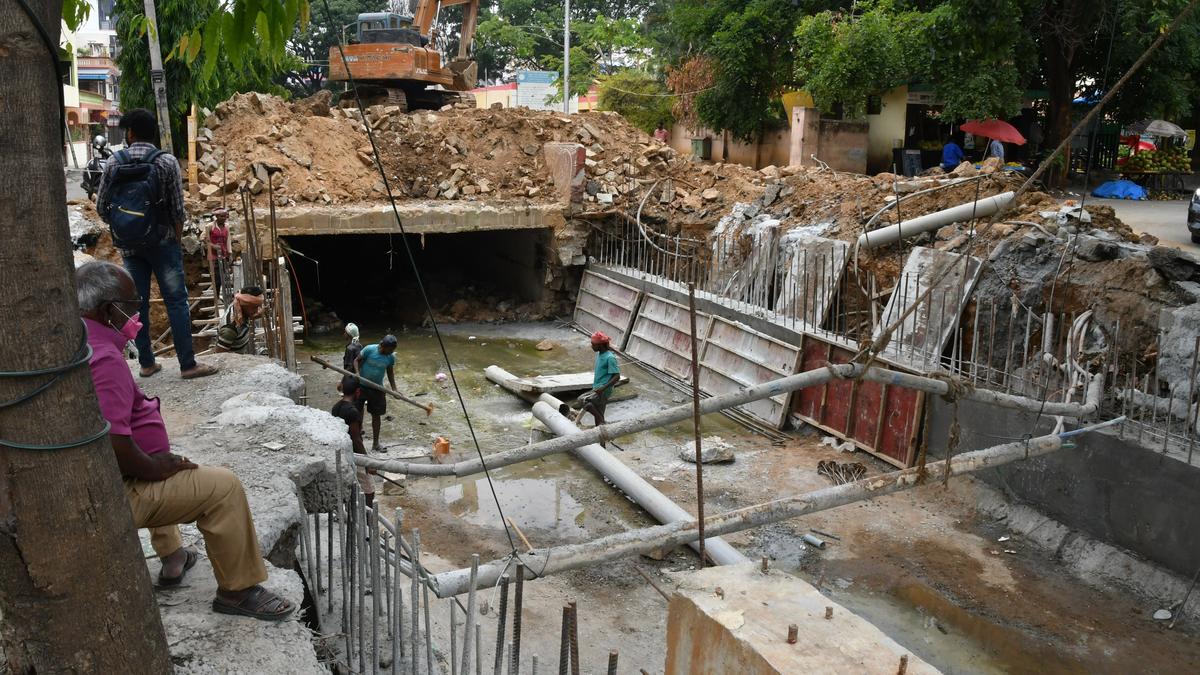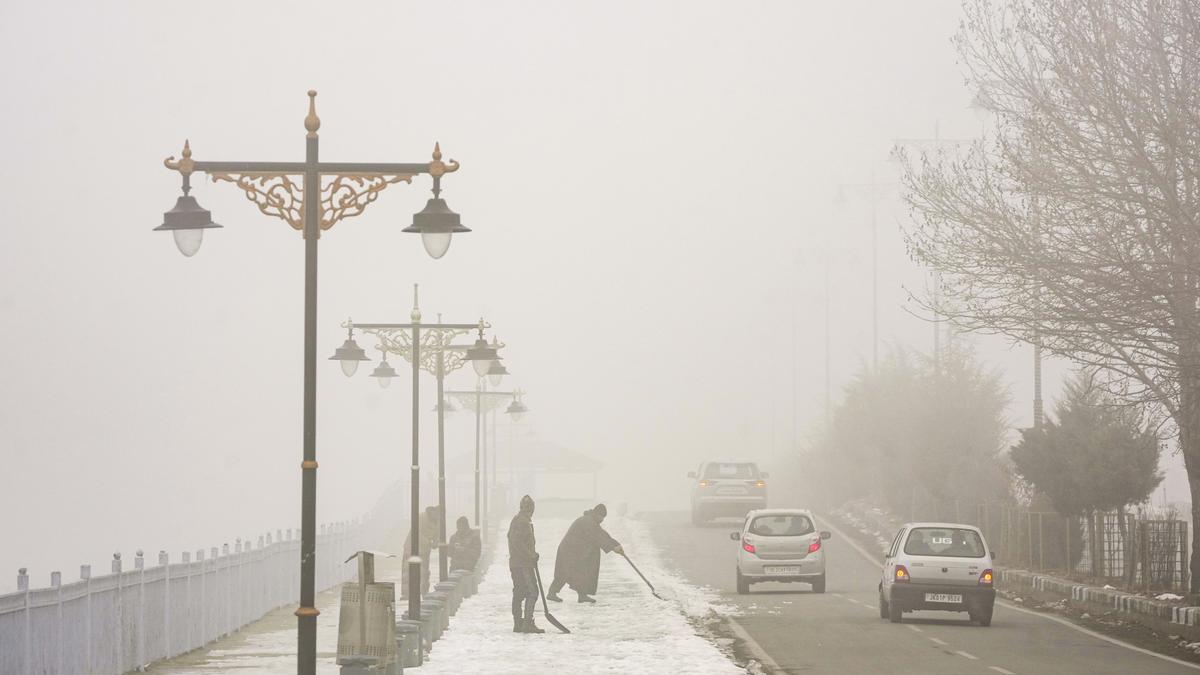Under the project, the Bruhat Bengaluru Mahanagara Palike and the Bangalore Water Supply and Sewerage Board will take up the work of fortifying storm-water drains and building sewage treatment plants.
| Photo Credit: file photo
The World Bank, which is giving a loan of $426 million (₹3,500 crore) to Bengaluru for its water resilience project, has imposed nine disbursement-linked indicators (DLIs), including service benchmarking, digital governance, climate financing, and mobilisation of own resources, for the loan.
The loan is being given under the World Bank’s Program-for-Results Financing (PforR), where the grant of loans are linked to outcomes. The water resilience project now approved for the city will be carried out during a five-year period (2026-31) and the money will be disbursed in three to five installments and each installment is linked to these DLIs, sources said.
Under the project, totally worth around ₹5,000 crore, with the World Bank loan component being ₹3,500 crore and the rest financed by the State government, the Bruhat Bengaluru Mahanagara Palike (BBMP) and the Bangalore Water Supply and Sewerage Board (BWSSB) will take up the work of fortifying storm-water drains (SWDs) and building sewage treatment plants (STPs).
Recently, the civic agencies and representatives from the World Bank held a stakeholders consultation meeting, where the Bank’s representatives briefed them of the project and spelt out the DLIs, sources said.
“The DLIs imposed are good in intent, but these need to have specific targets. For instance, the BWSSB is building new STPs and sewer lines using these funds and the BBMP is building SWDs. Ideally, the DLI should be the quality of water in the lakes rejuvenated through these STPs,” a lake conservation activist, part of the meeting, said.
The World Bank has insisted on focusing on the reuse of treated water in the city as part of a circular economy, installation of sensors in SWDs to create an advanced alert system for flooding in the city, and proper operation and maintenance works. The civic body will also install sluice gates at lakes, sources said.
The international monetary agency has also insisted on climate financing in the city, for which the civic body has pointed towards the Climate Action Plan and that the civic agencies should raise its own resources. While the BBMP has pointed towards its property tax reforms, the BWSSB is all set to increase water tariff. The BWSSB has recently written to all city MLAs seeking suggestions on a tariff hike and the hike is expected to be implemented in 2025.
One of the other mandates by the World Bank has been to implement disaster-risk governance in the city. A state-of-the-art control room to manage climate risks for the city will come up at the Karnataka State Natural Disaster Monitoring Centre at a cost of ₹350 crore, sources said.
A senior city official said that most of the DLIs mentioned by the World Bank had already been implemented in the city in some form or another. “We will soon submit all documentation for the same,” the official said. Meanwhile, all the DLIs will be adhered to while implementing the projects taken up under the World Bank loan, the official added.
Published – January 03, 2025 07:36 am IST






